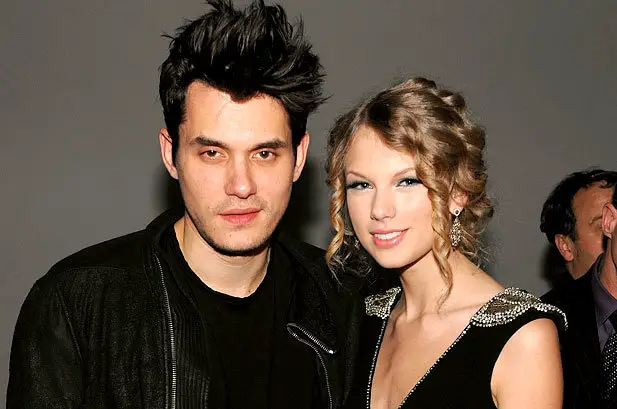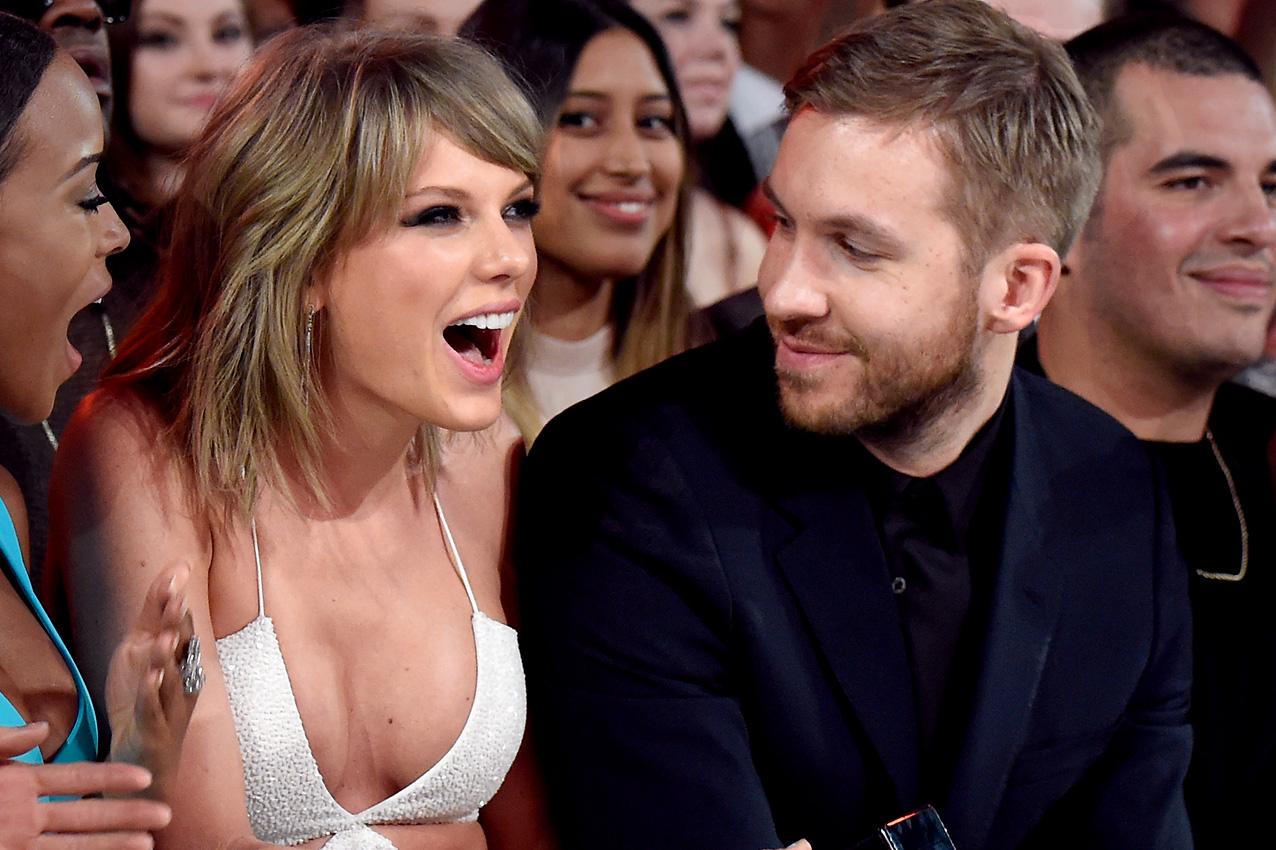In 2018, Taylor Swift has reinvented herself as a strong, outspoken woman and songwriter. However, it seems like no matter what Swift sings, does, says or wears, she is criticized for it.
Daily, I encounter at least one person — whether online or in person — who says, “I can’t stand Taylor Swift. All she does is sing about her exes.” While that statement may be partially true, Swift is not the only singer who sings about exes, so why is she the only one criticized for it?
Those who know Swift only through headlines and commercial hits miss the fact that her music goes far beyond exes and schoolgirl crushes. She tackles life lessons, friendship, fame, critics and revenge, so why do only her breakup songs receive any feedback from the media? She is hardly the first singer to take inspirations from past relationships.
P!nk, Kelly Clarkson, Selena Gomez and Katy Perry are just a few examples of females who sing breakup songs. Why are they praised for them, but Swift is called crazy?
In the midst of building back up her reputation, Swift disappeared for a while because of the pressures of fame and the comments she was receiving from the media. Then she came back stronger. Here is why I think Taylor Swift is the only one criticized for writing about exes.
Her relationships are with big-name celebrities.
I think this is the biggest one. When you listen to someone’s song, you envision yourself in the song and in your own scenario. Most of the time, listeners could tell who a song was about because they knew every aspect of Swift and the then-boyfriend’s life. Therefore, all you could picture is Swift with her love instead of you.
Dating A-list celebrities such as Taylor Lautner (“Back to December”), Jake Gyllenhaal (“Red,” “All too Well”), Joe Jonas (“Last Kiss”), Harry Styles (“Style,” “Out of the Woods”) and John Mayer (“Dear John”), to name a few, comes with everyone knowing your business and decoding everything you sing as a link to those past relationships.

She was 14 when she entered the music industry.
Being 14 is that weird age where you are just entering high school and think dating the boy on the football team is the greatest thing. That’s the age where all you can think about is dating, crushes and falling in love.
Her songwriting and music had to develop from that. Swift had probably written dozens of songs before she got signed to a label and wanted to release them, so it took some time to move away from the “crush phase” and into the mature-woman phase.
The love songs are the only ones people know.
Most of her singles are the upbeat love songs (“We Are Never Ever Getting Back Together,” “Love Story”) that make her sound like a crazy ex-lover.
If you are not a die-hard Swiftie, you might not know other songs that, in fact, are not about exes or love, but love and breakups sell, so that’s what people listen to.
Society is sexist.
In the age of the Time’s Up and Me Too movements, female empowerment is more important now more than ever. Females are usually objectified and criticized — sexually, mentally, physically, etc.
When Ed Sheeran, Justin Timberlake and Bruno Mars sing about breaking up or exes, society blames the girl and feels bad for the guy, but if a woman sings a breakup song, the excuses never end. “Maybe she’s the problem.” “Taylor Swift is a slut.”
Blaming singers, especially Swift, for writing breakup songs is like criticizing dogs for walking on four legs — it’s what they do. It’s sexist, and it needs to stop.
She has been accused of “playing the victim.”
The public blames her for the breakups, saying she is too clingy, moves too fast and has had way too many boyfriends. However, society never blames said boyfriends. She was also criticized for being overly dramatic for taking a man to court who groped her.
In recent years, especially with “1989” and “Reputation,” Swift has matured and gotten wiser. She even makes fun of herself by reenacting what others have said about her, like at the end of her “Look What You Made Me Do” video.
Swift lives off the theory that if a guy doesn’t want her to write bad things about him, then he won’t do bad things. Basically, “If a man talks shit, then I owe him nothing.”
She calls people out and isn’t afraid to get blood on her hands.
As mentioned before, she calls out ex-boyfriends and the horrible things they did to her. Although she doesn’t necessarily call people out (except for in “Dear John” and Drew in “Teardrops on my Guitar,” oops), she shares her feuds, relationships and life with the entire world.
So, naturally, when she is fighting with celebrities like Katy Perry (“Bad Blood”) and Kim and Kanye West (“Innocent,” “This is Why We Can’t Have Nice Things”), everyone knows.
People are insecure and need something to hate on.
Swift has been in the spotlight for over a decade now. She has transcended genres, won countless awards, inspired so many people and has finally found true love and friendships. She’s doing better than she ever was, and people can’t get over how happy she is.
The unnecessary criticism against Swift needs to stop. She’s not perfect, but who is? If you find her annoying, that’s great, but don’t share it. You’re not being forced to listen to it.
If you are going to criticize Swift for singing about her exes, then stop listening to music altogether because almost every singer writes about their past love.
Admit it, you’ve rocked out to “I Knew You Were Trouble” and “You Belong with Me” at least once in your life. If singers didn’t write about love, songs would be really boring. Stop criticizing and start really listening.


















how is it sexist if it only happens to her